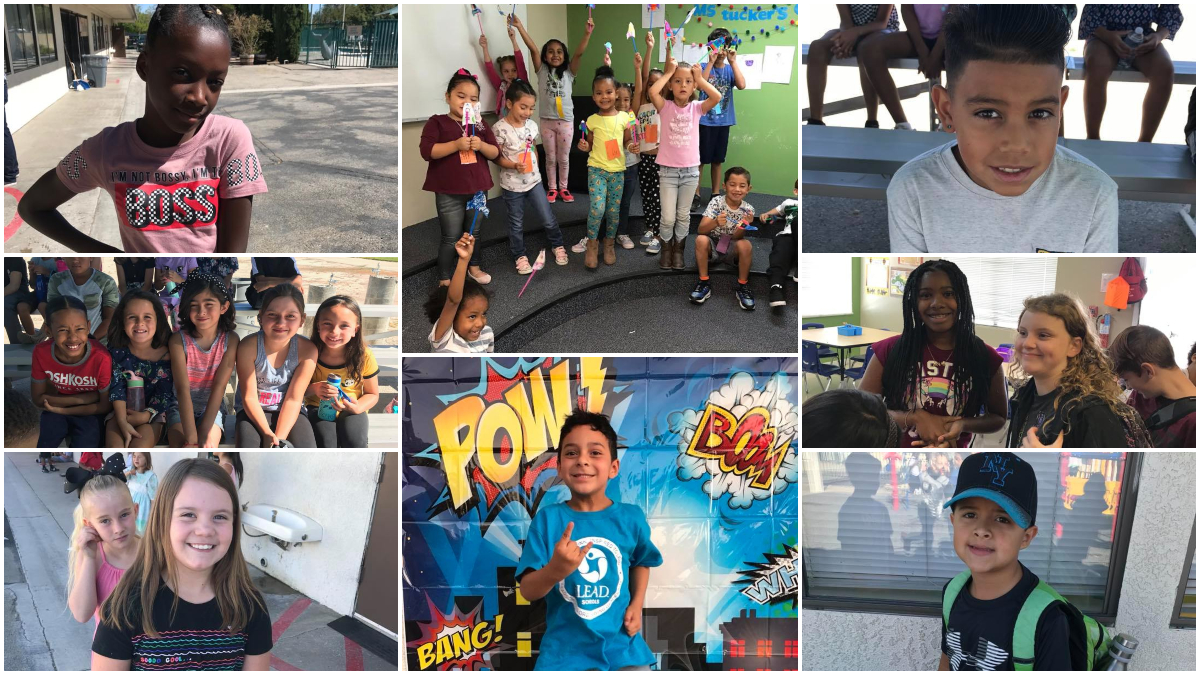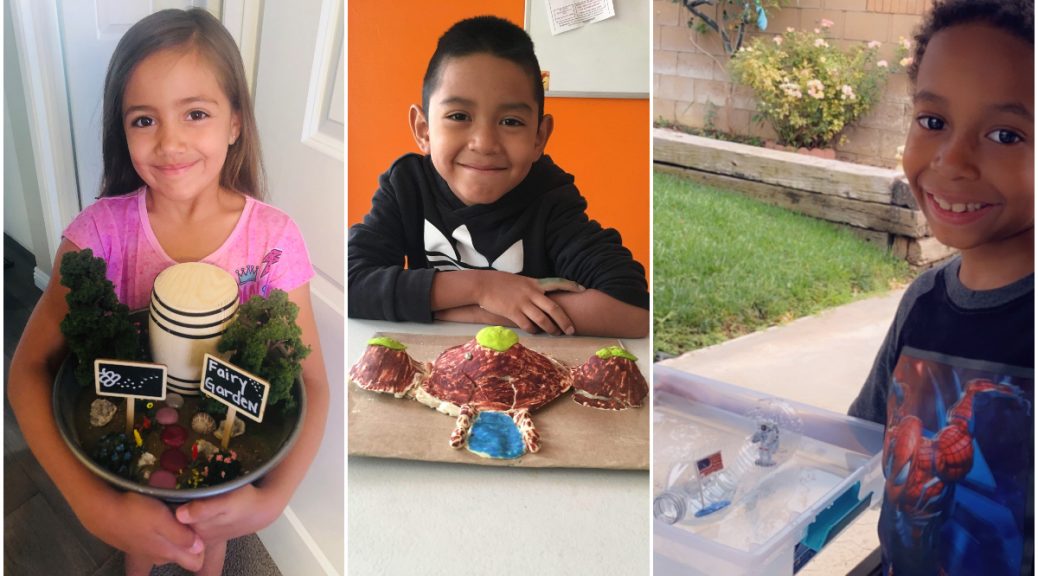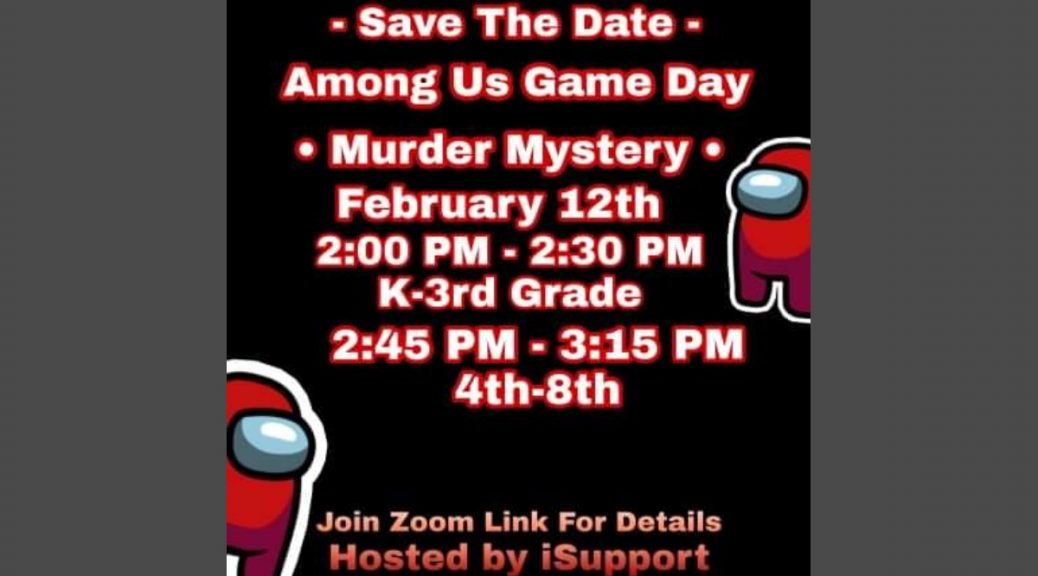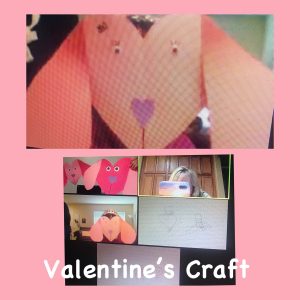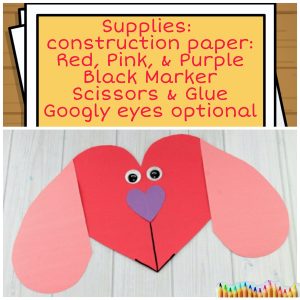Last week, we introduced a vital element of iLEAD Antelope Valley’s approach to education — The 7 Habits of Highly Effective People. Learning and practicing the 7 Habits has been instrumental to our learners’ success living out the iLEAD Antelope Valley motto of “free to think, inspired to lead” — not to mention how it helps our staff thrive.
This week, we’re continuing to unpack the habits with Habit #1: Be Proactive. In short, being proactive is about taking responsibility for your life. Instead of reacting to or worrying about conditions over which they have little or no control, proactive people focus their time and energy on things they can control.
In general, most of us fall into one of two categories: Either we’re reactive to situations in life, affected by factors outside of ourselves and believing we have no control over situations — or we are proactive, realizing that we are “response-able” and that we have freedom to choose our responses. A proactive individual peppers their language with “I can” and “I will,” while a reactive person falls back on “I can’t” or “if only.”
In short, proactive people focus their efforts on what Dr. Stephen Covey calls their Circle of Influence. They work on the things they can do something about, like health or problems at work. On the flip side, reactive people focus their efforts in the Circle of Concern — things over which they have little or no control.
It has been amazing to see how understanding these concepts empowers iLEAD Antelope Valley learners to take charge and command over both their education and their lives. We’ve seen time and again how it trickles down to every aspect of their lives, and that is at the heart of the iLEAD Antelope Valley model: developing the whole child so that they are equipped to live with purpose and intent.
As Dr. Covey said, “The proactive approach to a mistake is to acknowledge it instantly, correct, and learn from it.” When children learn to apply this in an academic setting, it can only spread to every other area of life.
Next week, we’ll continue exploring what makes the iLEAD Antelope Valley approach to education so innovative, explaining Habit #2: Begin With the End in Mind.
For more information on the 7 Habits and other leadership resources, click here to visit the Franklin Covey website.
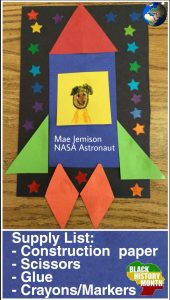 Join us February 24 at 4:00 PM to celebrate Black History Month by making a rocket ship craft inspired by Mae Jemison, the first African American woman astronaut!
Join us February 24 at 4:00 PM to celebrate Black History Month by making a rocket ship craft inspired by Mae Jemison, the first African American woman astronaut!


